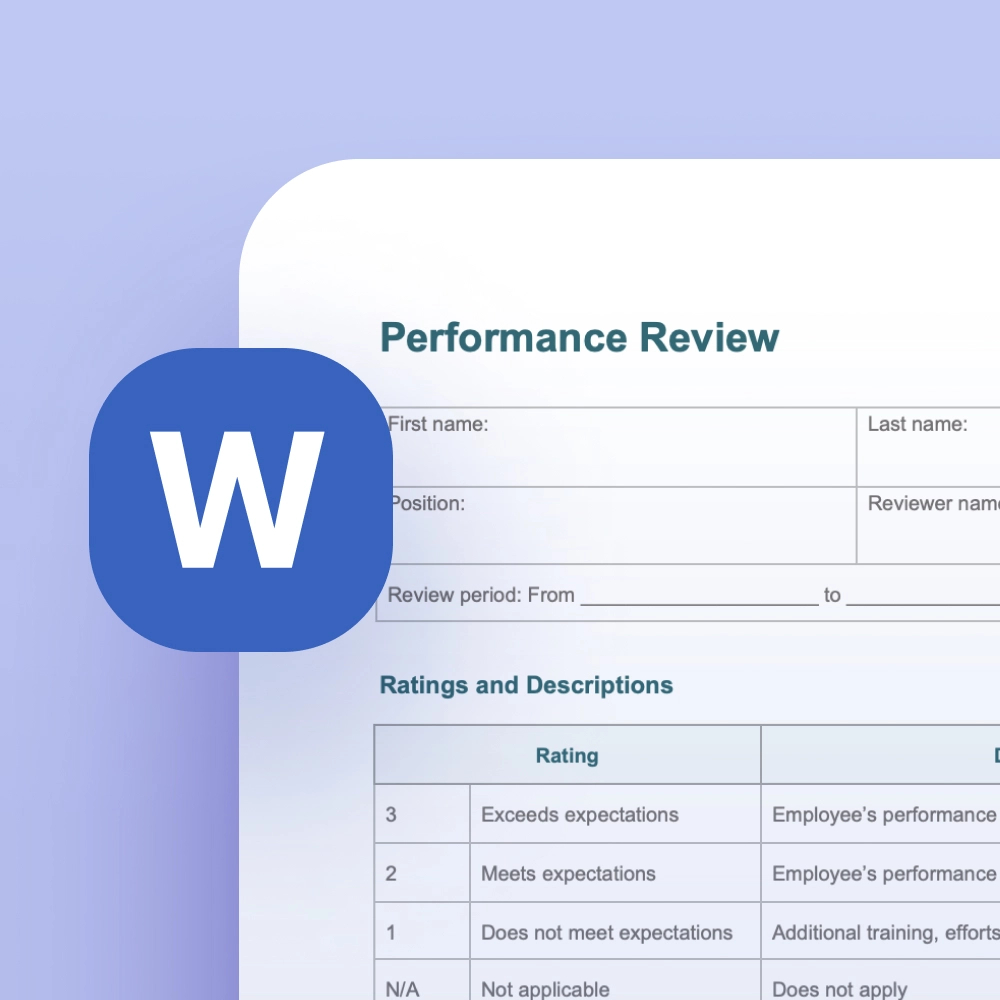Incentive pay refers to a merit-based financial reward used by companies to motivate employees achieving outstanding performance.
What Are the Different Types of Incentive Pay?
Different types of incentive pay include:
- Cash bonus
- Stock options
- Profit sharing
- Company car
- Healthcare insurances
- Commissions
- Additional vacation days
- Vouchers
What Are the Benefits of Incentive Pay?
The benefits of offering incentive pay to employees include:
- Having happier employees
- Increasing employee productivity and motivation
- Improving employee retention
- Improving organizational performance
- Fulfilling the business strategy
- Increasing employee loyalty
- Strengthening work relationships
- Boosting employee empowerment
What Are the Disadvantages of Incentive Pay?
Incentive pay can have several disadvantages such as:
- It might not be as attractive to all employees
- It may not align with the objectives of the company
- Some incentive plans might be biased
- It can create conflicts between employees and/or departments
What Is the Difference Between Incentive Pay and Benefits?
Benefits, or fringe benefits, refers to indirect, non-monetary compensation employees receive as part of their compensation plan. Employees receive the same benefits pay after pay. It is typically standardized within an organization.
Whereas incentive pay is linked to the performance of an employee and can fluctuate over a year depending on the results achieved.











